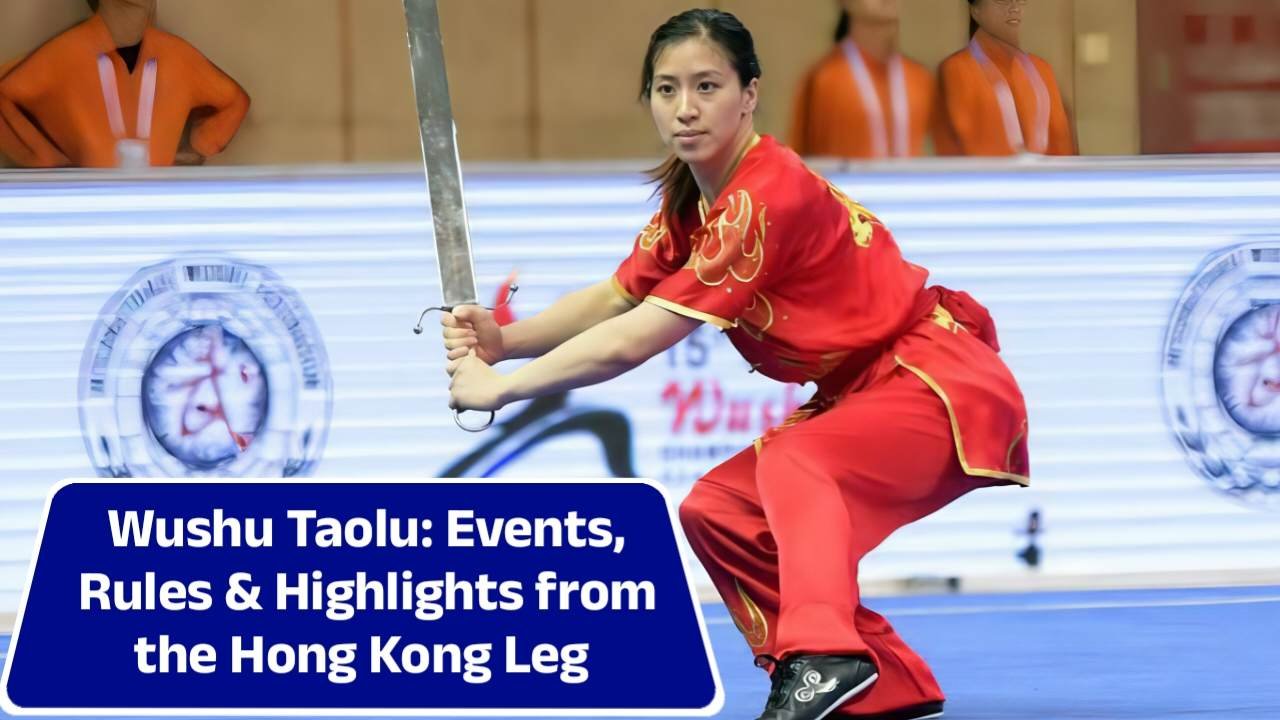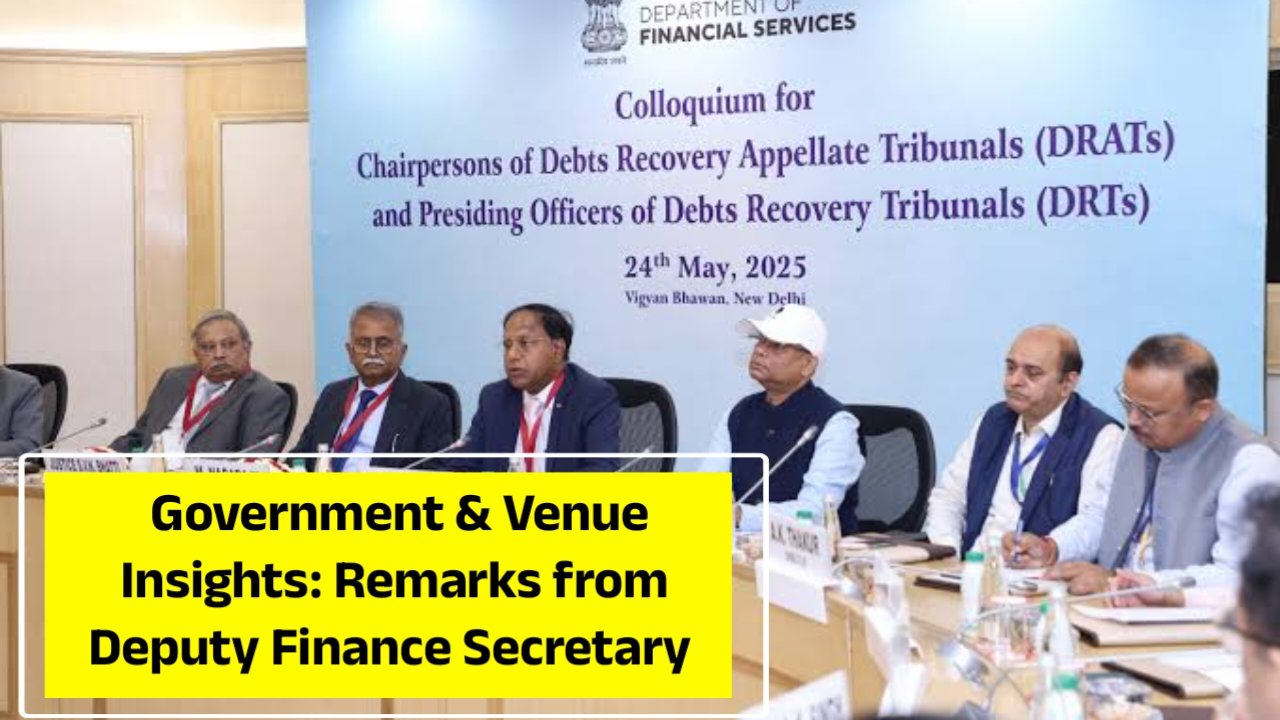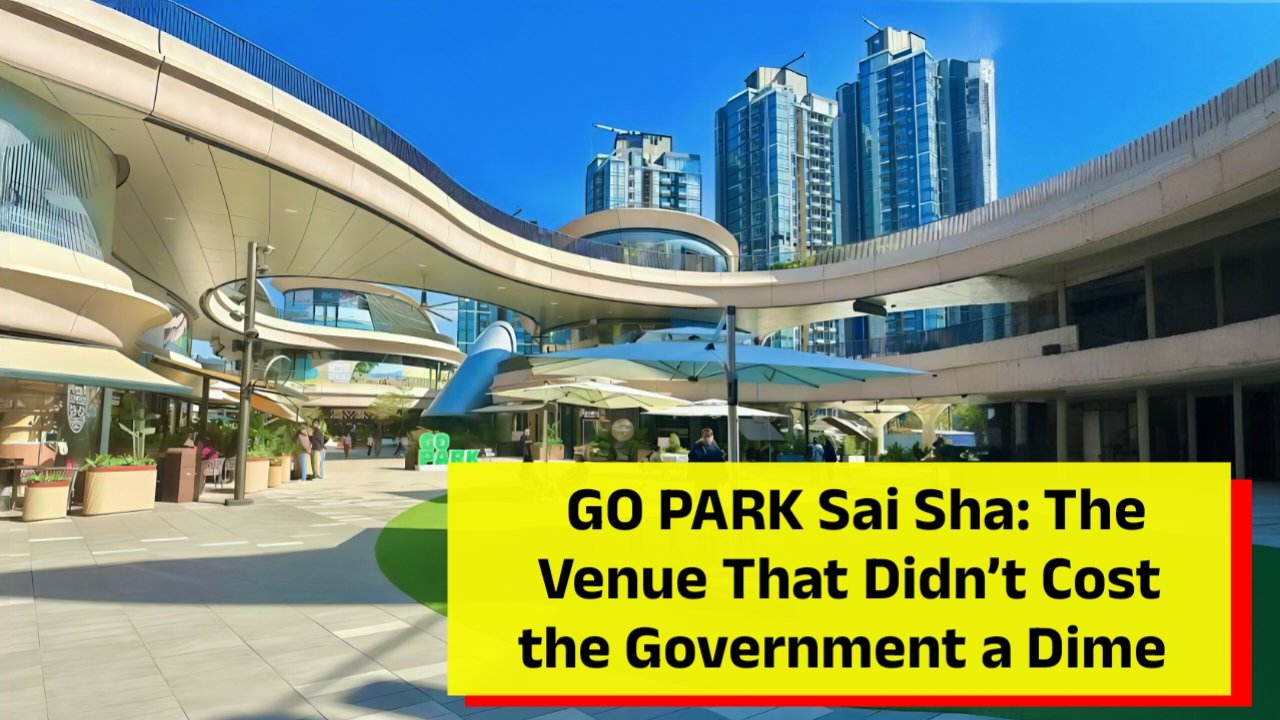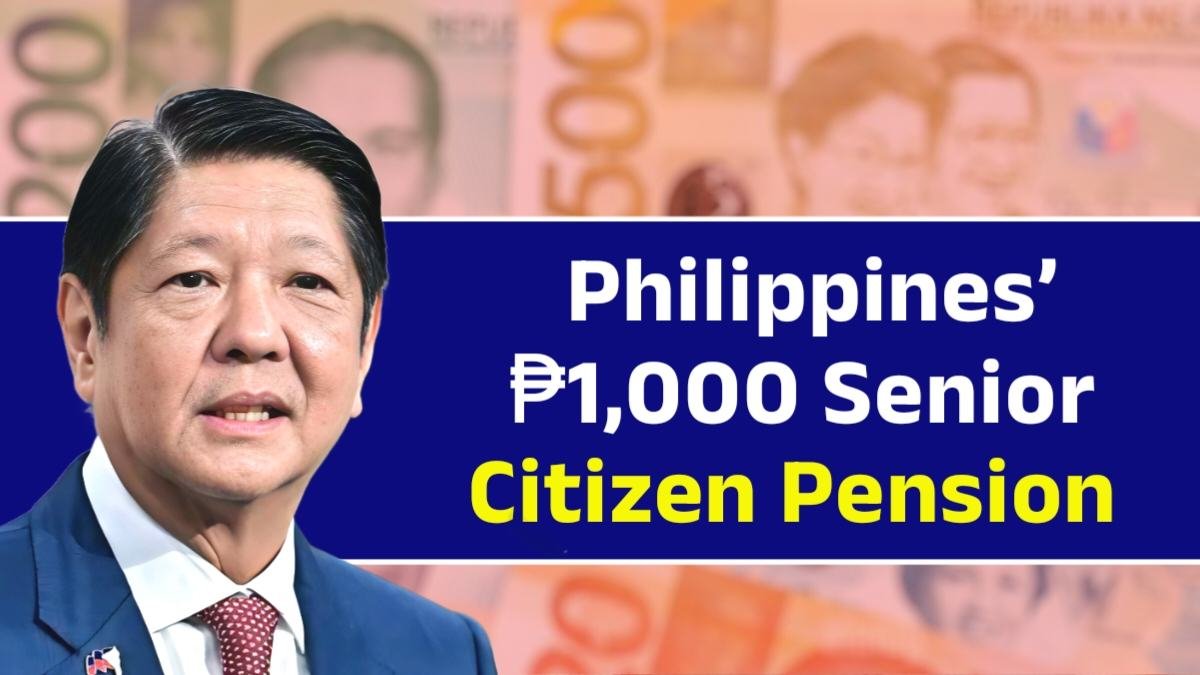The hosting of major international sporting events goes far beyond athletic competition. For cities like Hong Kong, global events such as The World Games Series (TWGS) and the Hong Kong Rugby Sevens represent opportunities to boost *tourism, strengthen community bonds, and reinforce global identity as a sporting hub. A thorough impact assessment reveals that these events are not just celebrations of athletic excellence but also catalysts for economic growth, cultural exchange, and local development.
Overview
| Impact Area | Key Benefits |
|---|---|
| Sports Development | Talent exposure, infrastructure legacy, youth engagement, sports diversity |
| Tourism & Economy | Visitor influx, global branding, job creation, extended stays, economic growth |
| Local Community | Civic pride, inclusivity, volunteerism, cultural exchange, health promotion |
Sports Development Impact
Sports events stimulate athletic excellence, grassroots participation, and long-term sporting infrastructure.
- Athlete Exposure: Hosting TWGS and other tournaments provides local athletes with international exposure and opportunities to compete at the highest levels.
- Infrastructure Legacy: Facilities like Kai Tak Sports Park will serve both elite and community sports beyond the event, leaving behind a lasting legacy.
- Youth Engagement: School programs and side events encourage young people to take up new sports, promoting healthy lifestyles and long-term participation.
- Diversity of Sports: Events such as TWGS bring lesser-known disciplines into the spotlight, broadening the sporting culture of Hong Kong and Asia.
By blending elite competition with grassroots participation, sports events generate a sustainable pipeline of talent and enthusiasm.
Tourism & Economic Benefits
The most visible impact of sports events is the tourism boom they bring.
- Visitor Influx: Rugby Sevens alone attracts tens of thousands of international fans annually, contributing significantly to hotel occupancy, dining, and retail.
- Extended Stays: Many visitors combine sports with leisure travel, exploring Hong Kong’s cultural and entertainment attractions.
- Global Branding: International media coverage projects Hong Kong as a modern, energetic, and welcoming destination, reinforcing its brand as a global city.
- Job Creation: From hospitality to event management, major tournaments create thousands of temporary and permanent employment opportunities.
- Economic Multipliers: Beyond immediate spending, sporting events generate long-term tourism interest, encouraging return visits and repeat participation.
Sports tourism has become one of Hong Kong’s strongest assets, blending cultural vibrancy with economic returns.
Local Community Benefits
Perhaps the most lasting impact is on the local community.
- Cultural Exchange: Fans and athletes from across the globe create opportunities for cross-cultural interaction, strengthening Hong Kong’s cosmopolitan identity.
- Civic Pride: Successfully hosting major events builds community pride and global recognition.
- Volunteerism: Thousands of volunteers gain skills, confidence, and global exposure, fostering long-term social development.
- Health & Wellness: Events encourage locals to stay active, inspiring participation in both traditional and new sports.
- Inclusivity: Initiatives linked with TWGS focus on gender equality, disability-friendly access, and inclusive sports participation, making events socially impactful.
The social fabric of the city is enriched, as sports become a unifying platform across demographics.
Long-Term Sustainability
The true test of impact lies in sustainability. Hong Kong’s strategy is not only to host large-scale events but to ensure they leave behind a positive footprint:
- Environmental focus with eco-friendly venues and carbon-conscious event management.
- Social inclusion through equal access to sports opportunities.
- Continuous branding that positions Hong Kong as both a tourism magnet and a sports capital in Asia.
This integrated approach ensures that the benefits continue long after the event ends, creating a model for sustainable sports tourism.
Conclusion
The impact of sporting events on sports development, tourism, and local communities in Hong Kong is both immediate and long-lasting. From boosting tourism revenues to inspiring future generations of athletes, these events form part of a larger narrative: sports as a driver of cultural identity, economic vitality, and social unity.
By balancing innovation with tradition, and global reach with local relevance, Hong Kong has proven that international sports events can do more than entertain—they can transform societies, empower communities, and secure long-term growth.
FAQs
Q1: How do sports events benefit Hong Kong’s economy?
A1: They attract international visitors, create jobs, and boost global branding.
Q2: What community benefits come from hosting sports events?
A2: They promote civic pride, inclusivity, cultural exchange, and healthy lifestyles.
Q3: Why are sports events important for long-term development?
A3: They leave legacies in infrastructure, youth participation, and global reputation.

















